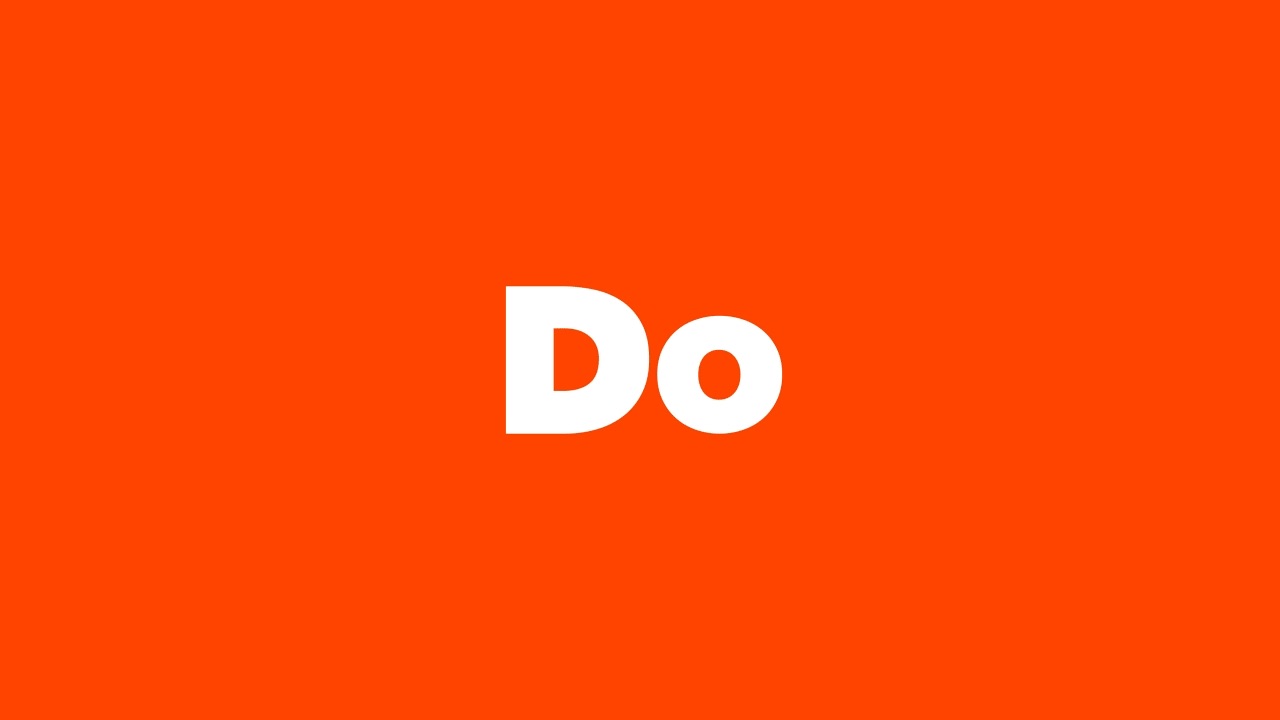Career Coaching: Is the Investment Worth It and What to Ask Before Hiring
Career coaching: is the investment worth it and what to ask before hire
Career decisions rank among life’s virtually impactful choices. Whether you’re contemplated a complete career change, seek advancement, or feel stuck in your professional journey, the guidance of a career coach might cross your mind. But the question remains: are career coaches really worth the investment, and what should you ask before hire one?
Understand career coaching
Career coaching is a professional service where train experts help individuals navigate their professional lives. Unlike therapists or counselors, career coaches focus specifically on work relate goals and challenges.

Source: coaching online.org
These professionals typically offer services include:
- Career path assessment and planning
- Resume and cover letter enhancement
- Interview preparation
- Network strategy development
- Salary negotiation tactics
- Work-life balance guidance
- Career transition support
The coach relationship ordinarily involves regular one on one sessions, assessments, homework assignments, and accountability check ins. Most coaches operate on hourly rates or package deals, with costs vary wide base on experience and specialization.
The value proposition: are career coaches worth it?
Potential benefits
Career coaching can deliver significant value for many professionals. The key benefits include:
Objective perspective
Coaches provide unbiased feedback that friends and family oftentimes can not. They see patterns and possibilities you might miss when overly close to your own situation.
Accountability
Regular check ins with a coach create a structure that keep you move advancing with your career goals. This external accountability oftentimes prove more effective than self motivation lone.

Source: coaching online.org
Expertise and resources
Experienced coaches bring specialized knowledge about industries, hire processes, and career development strategies. They oftentimes have tools and assessments not promptly available to the public.
Confidence building
The coaching process often helps professionals overcome imposter syndrome and develop the confidence need to pursue ambitious career moves.
Efficiency
Work with a coach can importantly reduce the time spend in career transitions or job searches by focus efforts on high yield activities.
Research and evidence
While personal testimonials abound, formal research on career coaching effectiveness show mixed but broadly positive results:
A study publish in the journal of vocational behavior find that career coaching interventions lead to increase career satisfaction and improved job search outcomes for participants. Another research review in the international journal of evidence base coaching and mentoring indicate that coach mostly produce positive effects on goal attainment and advantageously being.
Nevertheless, it’s important to note that results vary wide base on the coach’s qualifications, the client’s engagement, and how substantially their working styles align.
When coach deliver maximum value
Career coaching tend to be virtually valuable in specific situations:
- During major career transitions or pivots
- When feel persistently stuck or dissatisfy professionally
- After job loss or during extended unemployment
- When seek significant advancement or salary increases
- When lack clarity about career direction
- When need specialized guidance for a particular industry
When coaching may not be worth it
Conversely, career coaching might not be the best investment if:
- You’re sought therapy for deeper personal issue(( coaches aren’t therapist))
- You expect the coach to find you a job without your active participation
- You’re unwilling to implement suggestions or complete assignments
- Your career challenges stem mainly from workplace toxicity or discrimination
- You need immediate employment sooner than long term career development
Essential questions to ask a potential career coach
Find the right career coach require due diligence. Before commit, consider ask these crucial questions:
About qualifications and experience
-
What certifications or credentials do you hold?
Look for recognize certifications from organizations like the international coach federation (iICF) the national career development association ( (dNCAA)r industry specific credentials. -
What’s your professional background?
Many effective career coaches have experience in hr, recruiting, or leadership roles before coach. -
How yearn have you been coach, and how many clients have you work with?
Experience matters, though newer coaches with relevant industry expertise can besides be effective. -
Do you have experience coach people in my industry or situation
Industry specific knowledge can be invaluable for certain career paths.
About their coaching approach
-
What’s your coach philosophy and methodology?
Their answer reveal whether their approach aligns with your learn style and needs. -
How do you typically structure the coach relationship?
Understand the frequency of meetings, communication between sessions, and overall timeline. -
What assessments or tools do you use?
Many coaches utilize personality assessments, strength finders, or other diagnostic tools. -
How do you measure success or progress?
Effective coaches have clear methods for track advancement toward goals. -
Can you describe your typical client?
This help determines if you fit their usual client profile.
About practical considerations
-
What are your rates, and what just is included?
Understand all costs upfront, include any materials or assessments. -
Do you offer a complimentary consultation?
Many coaches provide a free initial session to assess fit. -
What’s your cancellation or refund policy?
Know the terms before commit. -
How yearn do clients typically work with you?
Some coach relationships last a few sessions, while others continue for months or years. -
Can you provide references or testimonials from past clients?
Speak with former clients offer valuable insight.
About results and expectations
-
What result can I realistically expect?
Beware of coaches promise specific outcomes like” guarantee job offers. ” -
What do you expect from me as a client?
Understand your responsibilities help assess if you’re ready for coach. -
How do you handle situations where clients aren’t make progress?
Their answer reveal their problem solve approach and commitment to client success. -
Can you share some success stories relevant to my situation?
Specific examples demonstrate their effectiveness with similar challenges. -
What happens if we’re not a good fit?
A professional coach should have a process for address misalignment.
Red flags to watch for
Be cautious of career coaches who:
- Promise specific results like” guarantee job offers within 30 days ”
- Can not intelligibly explain their methodology or process
- Lack relevant credentials or experience
- Refuse to provide references or testimonials
- Pressure you to sign long term contracts instantly
- Charge importantly supra or below market rates without clear justification
- Demonstrate poor communication during initial interactions
- Seem disinterest in your specific goals or situation
Maximize your coaching investment
If you’ll decide to will work with a career coach, these strategies will help you get the most value:
Before start
- Define clear, specific goals for the coach relationship
- Interview multiple coaches to find the best fit
- Check references and read testimonials exhaustively
- Clarify all expectations and terms in write
During coaching
- Come prepared to each session with updates and questions
- Complete all assign” homework ” etween sessions
- Provide honest feedback about what’s work and what isn’t
- Take detailed notes during sessions
- Request specific resources or support when need
After coach
- Implement the strategies and insights gain
- Sporadically review your notes and action plans
- Consider occasional” maintenance ” essions at career milestones
- Provide honest feedback or testimonials about your experience
Alternatives to traditional career coaching
If full service career coaching doesn’t fit your needs or budget, consider these alternatives:
-
Group coaching programs
More affordable than one on one coaching -
Career workshops or courses
Provide structured learning without personalization -
Professional association resources
Many offer career guidance for members -
University career services
Alumni oftentimes have lifetime access -
Mentorship programs
Free or low cost guidance from experienced professionals -
Self direct resources
Books, podcasts, and online tools for career development -
Peer coaching circles
Groups of professionals who support each other’s career growth
Make your decision
Whether career coaching is ” worth it ” fi” ly depend” your specific situation, goals, and resources. Consider these factors in your decision:
-
Return on investment
How does the coaching cost compare to potential salary increases or career advancement? -
Urgency
Is your career situation cause significant stress or financial strain? -
Complexity
How challenging is your career situation? More complex challenges frequently benefit more from professional guidance. -
Self-knowledge
How clear are you about your strengths, values, and goals? -
Support system
Do you have knowledgeable connections who can provide industry specific advice?
Conclusion
Career coaching represent a significant investment in your professional future. For many, the structured guidance, accountability, and expertise a good coach provide can accelerate career progress and increase job satisfaction. For others, self direct approaches or alternative resources might be more appropriate.
By ask thorough questions, understand what to expect, and approach the coach relationship as an active participant, you can make an informed decision about whether career coaching is right for you. If you do choose to will work with a coach, these same principles will help will ensure you’ll receive maximum value from the experience.
Remember that still the virtually skilled coach can solely guide and support — the real work of career development finally rest with you. With the right coach and the right mindset, withal, that work can become more focused, efficient, and rewarding.



